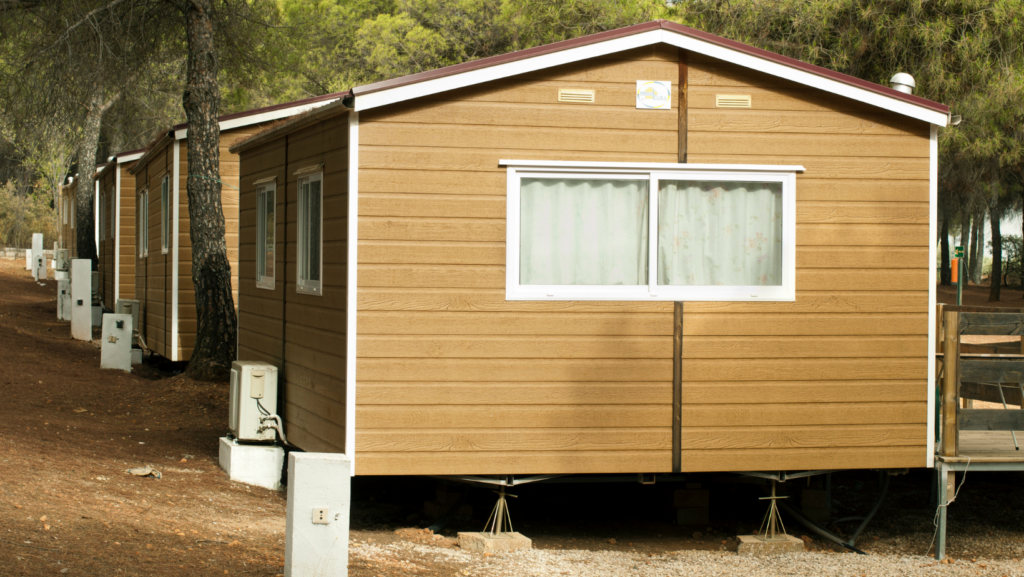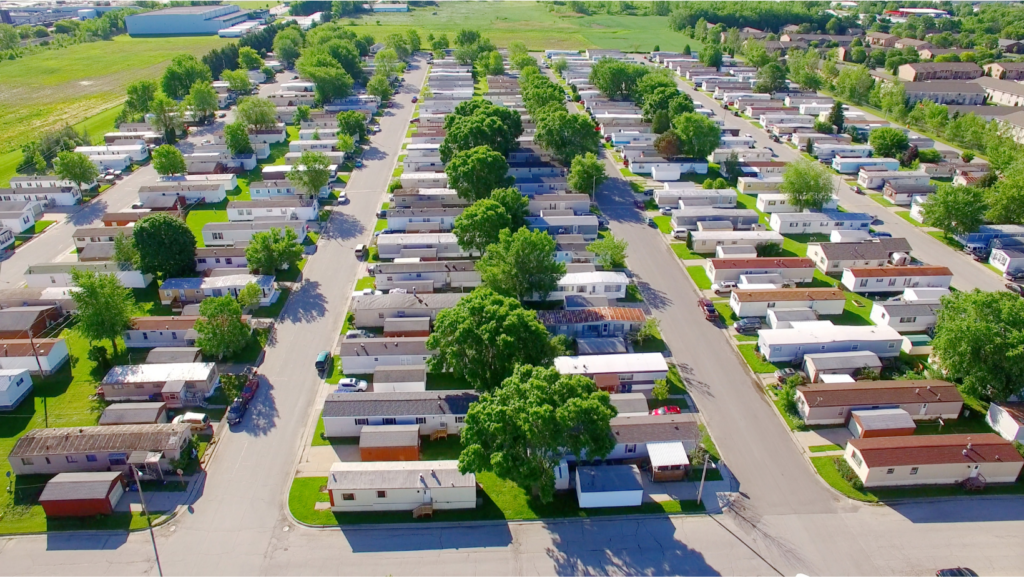Why the Supply of Mobile Home Parks is Shrinking
-
 Tristan Hunter - Investor Relations
Tristan Hunter - Investor Relations
Introduction to Mobile Home Parks
The landscape of mobile home parks in the United States is undergoing a significant transformation, characterized by a steady decrease in their availability. This shift in the housing sector is not merely a result of market dynamics but is also deeply influenced by various regulatory and developmental factors. Mobile home parks, traditionally known for their affordability and community-oriented living, are facing challenges that threaten their existence and the affordable housing options they represent.
In this blog post, we explore the common reasons why the supply of mobile home parks is shrinking and why investment in this niche asset class is more crucial than ever.

Low Land Use Value of Mobile Home Parks
At the core of this trend is the inherent low land use value of mobile home parks. In the hierarchy of land utilization, office buildings sit at the top, symbolizing high economic yield. Manufactured housing communities, however, are closer to parking lots in this pyramid. They occupy valuable land but often generate less profit than other potential uses. This reality puts them at a disadvantage, especially in areas where land is at a premium.
Attractiveness for Redevelopment of Mobile Home Parks
Adding to their vulnerability, manufactured housing communities are prime targets for redevelopment. Their typical locations are highly desirable: often situated on major roads, within top school districts, and measuring between 4 to 10 acres. This size is ideal for various development projects, from retail complexes to residential communities. As a result, developers frequently eye these properties for their potential to yield higher returns.
Existing Infrastructure Enhances Appeal
Another factor contributing to their appeal for redevelopment is the existing infrastructure. manufactured housing communities usually have access to municipal water, sewer, gas, and electric services. This setup reduces the initial development costs for new projects, making the transition from a mobile home park to another type of property more financially attractive.
Download our free eBook on the “Top 20 Things Learned from Mobile Home Park Investing “
–By Andrew Keel

Local Government Policies and Financial Dynamics
Cities and local governments play a role in this trend. Often, they are more inclined to issue permits for developments that replace manufactured housing communities. The underlying sentiment is that almost any alternative use is preferable, sometimes driven by the aim to enhance the area’s economic value or aesthetic.
Financial dynamics also influence the fate of mobile home parks. When these parks generate less income than potential alternatives, like apartment complexes, the financial incentive to redevelop becomes overwhelming. In many cases, apartments can command rents up to seven times higher than mobile home park lot rents. This disparity creates a strong motivation for landowners and developers to opt for more lucrative options, often leading to the demolition of mobile home parks.
Strategies to Potentially Counter the Trend
To counter this trend, several strategies can be considered. Encouraging higher lot rents might make manufactured housing communities more financially competitive. Additionally, reducing the negative pressure on mobile home park owners is crucial. Offering grants to address major infrastructure issues and providing more favorable tax treatment for maintaining mobile home parks could also help. These measures aim to make the operation of manufactured housing communities more viable and less susceptible to redevelopment pressures.
Conclusion
The shrinking supply of manufactured housing communities is a multifaceted issue. It generally stems from their lower land use value, attractiveness for redevelopment, existing infrastructure, and the higher financial yield of alternative uses. Addressing this challenge requires a balanced approach that recognizes the value of these communities and seeks to make their operation more sustainable in the long term.

Curious about diving into the world of mobile home park investments and exploring this dynamic asset class? Tune in to the Passive Mobile Home Park Investing Podcast with Andrew Keel, where he dives into every aspect of this niche investment, uncovering its potential for lucrative returns. Contact us below for more details and information.
Learn more about mobile home park investing.
Interested in learning more about mobile home park investing? Get in touch with us today to find out more.
Disclaimer:
The information provided is for informational purposes only and should not be considered investment advice, nor a guarantee of any kind. There are no guarantees of profitability, and all investment decisions should be made based on individual research and consultation with registered financial and legal professionals. We are not registered financial or legal professionals and do not provide personalized investment recommendations.

Tristan Hunter - Investor Relations
View The Previous or Next Post
Subscribe Below 👇





